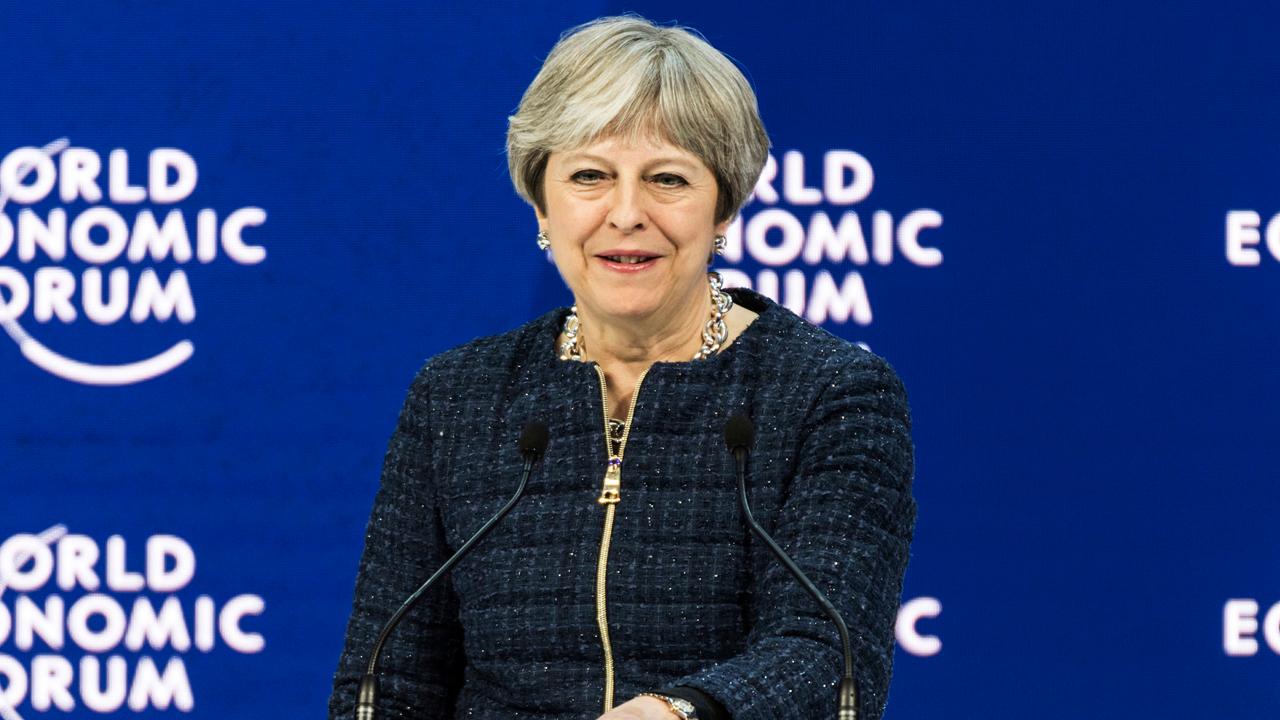Is Ireland wasting its Brexit moment?
It’s always a little confusing when there’s an opportunity staring someone in the face and they still somehow manage to miss it. As an American, I can unfortunately understand why Brexit happened all too well. While I would have voted to remain in the E.U., as a venture capitalist, I’m having a hard time understanding why Ireland is not only failing to take advantage of the opportunity Brexit presents, but is actively sending signals to the tech community to just go away.
Historically, Ireland has been an excellent environment for business. Combine top-notch human capital with a reasonable cost of living and sensible regulations and you deservedly earn a reputation as a great place to create jobs. That’s why 700 different U.S. corporations have an Irish presence, employing more than 150,000 residents. Unfortunately, that reputation seems to be changing – for the worse.
Like every country, Ireland needs to balance the needs of its economy with the views of local businesses and communities that object to different types of innovation for different reasons. Of course, the local taxi industry doesn’t want Uber. Of course, the local hotel industry doesn’t want Airbnb. Of course, the local ticket promoters don’t want secondary platforms like StubHub or viagogo. No one in any market willingly cedes market share without a fight.
There are probably defensible reasons for each local decision, whether the National Transport Authority’s 2017 decision to ban Uber or the rule taking effect this summer that requires landlords to secure commercial planning permissions to offer short-termrentals or new privacy investigations into platforms like Facebook.
But taken as a whole, the signal to U.S. venture capitalists and the next generation of tech entrepreneurs is very clear: go away. Expecting U.S. investors to understand the nuance and local politics of every individual battle in Ireland is just as unrealistic as expecting Irish investors to understand the nuance of every local political battle here. There may be good reasons for banning Uber or Airbnb. But they come at a steep cost: sending a clear message to our side of the Atlantic that Ireland is no longer open for business.
If the U.K. had chosen to remain in the EU, Ireland’s pivot against tech might not have mattered much. But just as Brexit creates real headaches for U.K. businesses, it creates real opportunity for everyone else – especially an English-speaking country with a historical reputation for being business friendly.
To the extent that being at the forefront of innovation, technology and investment matters to Ireland’s economy and Ireland’s future, the collective narrative now stemming from the Dail and Ireland’s other regulators should be very concerning. The other day, a nascent Irish venture capital fund asked me to consider investing. My immediate response, shaped by my perceptions of Ireland’s new anti-tech stance, was negative: why would I want to deploy capital into a market that won’t allow the kinds of companies we invest in to effectively operate?
Ireland is facing a pivotal moment. It can tack further left, continue to crack down on platforms and innovation, and miss all of the opportunity at hand. Or it can return to its roots as a nation that encourages new ideas and new thinking – and make the U.K.’s loss their gain. Of course, if they don’t, another European country certainly will.
Bradley Tusk is the CEO and founder of Tusk Ventures, the first venture capital fund dedicated to working with and investing in startups in regulated industries. Tusk Ventures has worked with and invested in dozens of startups like Bird, FanDuel, Lemonade, Eaze, Circle and Ripple. Bradley previously served as Mayor Bloomberg’s campaign manager in New York City, Deputy Governor of Illinois, and Senator Chuck Schumer’s communications director.




















